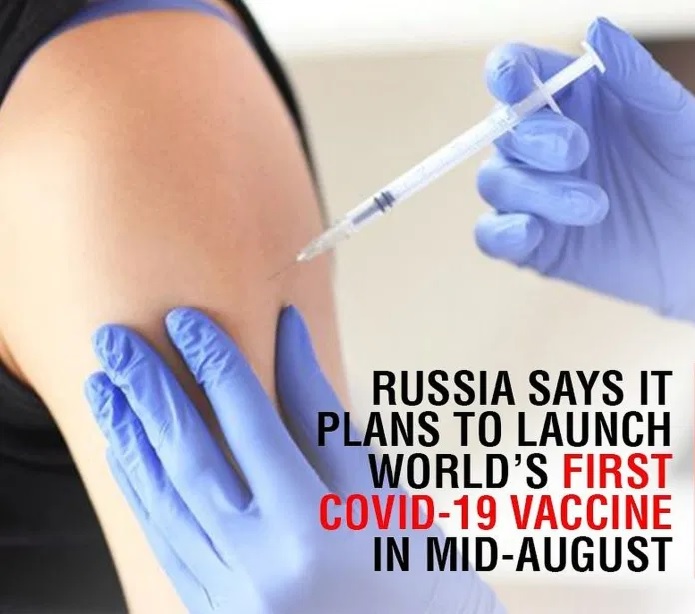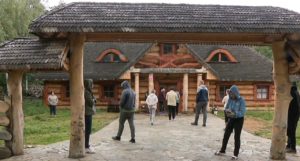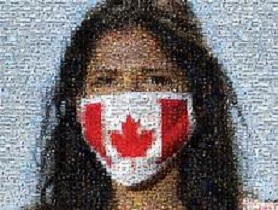The Russian dash for a vaccine has already raised international concerns that the country is rushing approval for political or propaganda purposes in the global race to inoculate the public, while cutting corners on testing.
Mr. Putin’s announcement became essentially a claim of victory in the global race for a vaccine, something Russian officials have been telegraphing for several weeks despite the absence of published information about any late-phase testing.
The announcement came despite a warning last week from the World Health Organization that Russia should not stray from the usual methods of testing a vaccine for safety and effectiveness.
“It works effectively enough, forms a stable immunity and I repeat, it has gone through all necessary tests,” Mr. Putin told a Cabinet meeting on Tuesday. Mr. Putin also said that one of his daughters had taken the vaccine.
The Russian vaccine sped through early monkey and human trials with apparent success, but the scientific organization that developed the vaccine, the Gamaleya Institute, has yet to test it broadly in highly controlled trials, a process seen as the only method of ensuring a vaccine is actually safe and effective.
Russia’s minister of health, Mikhail Murashko, has said the country will begin a mass vaccination campaign in October, starting with teachers and medical workers.
The World Health Organization maintains a comprehensive list of worldwide vaccine trials. In the latest version of the W.H.O.’s list, there is no Russian Phase.
The Russian ministry of health did not respond to detailed written questions sent last week about human trials and research into possible side effects. Those include the possibility that inoculation might render those vaccinated more, not less, vulnerable to severe forms of Covid-19, the disease caused by the coronavirus, a possibility that researchers outside Russia say they have yet to rule out.
Regulatory approval in Russia, which came well ahead of the timeline that Western countries say they are expecting for their vaccine candidates, could become a symbol of national pride. Western regulators say a vaccine will not become available sooner than the end of this year.
The governments of the United States, Canada and Britain have all accused Russian state hackers of attempting to steal vaccine research, casting a shadow over Russia’s claim to have achieved a medical breakthrough. Russian officials have denied the accusation and say their leading vaccine is based on a design developed by Russian scientists to counter Ebola years ago.
Kirill Dmitriev, the head of a government-controlled fund that invested in the vaccine, denied that Russia had cut corners on testing or stolen intellectual property to get ahead.
In an interview last month, Mr. Dmitriev said Russia relied on a legacy of once formidable research into viruses and vaccines in the Soviet Union and focused on established technologies, like the approach already used for the Ebola vaccine.
The Russian vaccine was developed by the Gamaleya Institute in Moscow. It uses two strains of adenovirus that typically cause mild colds in humans. Adenovirus vaccines are in trials in various countries. They are genetically modified to cause infected cells to make proteins from the spike of the new coronavirus. The approach is similar to a vaccine developed by Oxford University and AstraZeneca.
Alex
Koordynator Projektu





Hey there, You’ve done an incredible job. I’ll certainly digg it and
personally recommend to my friends. I’m confident they will be benefited from this site.